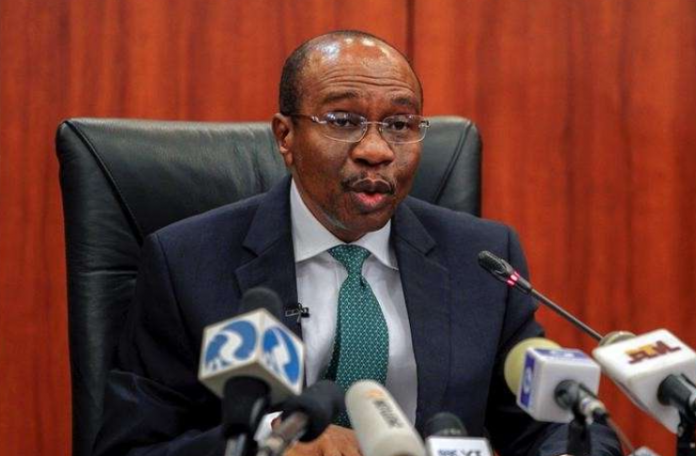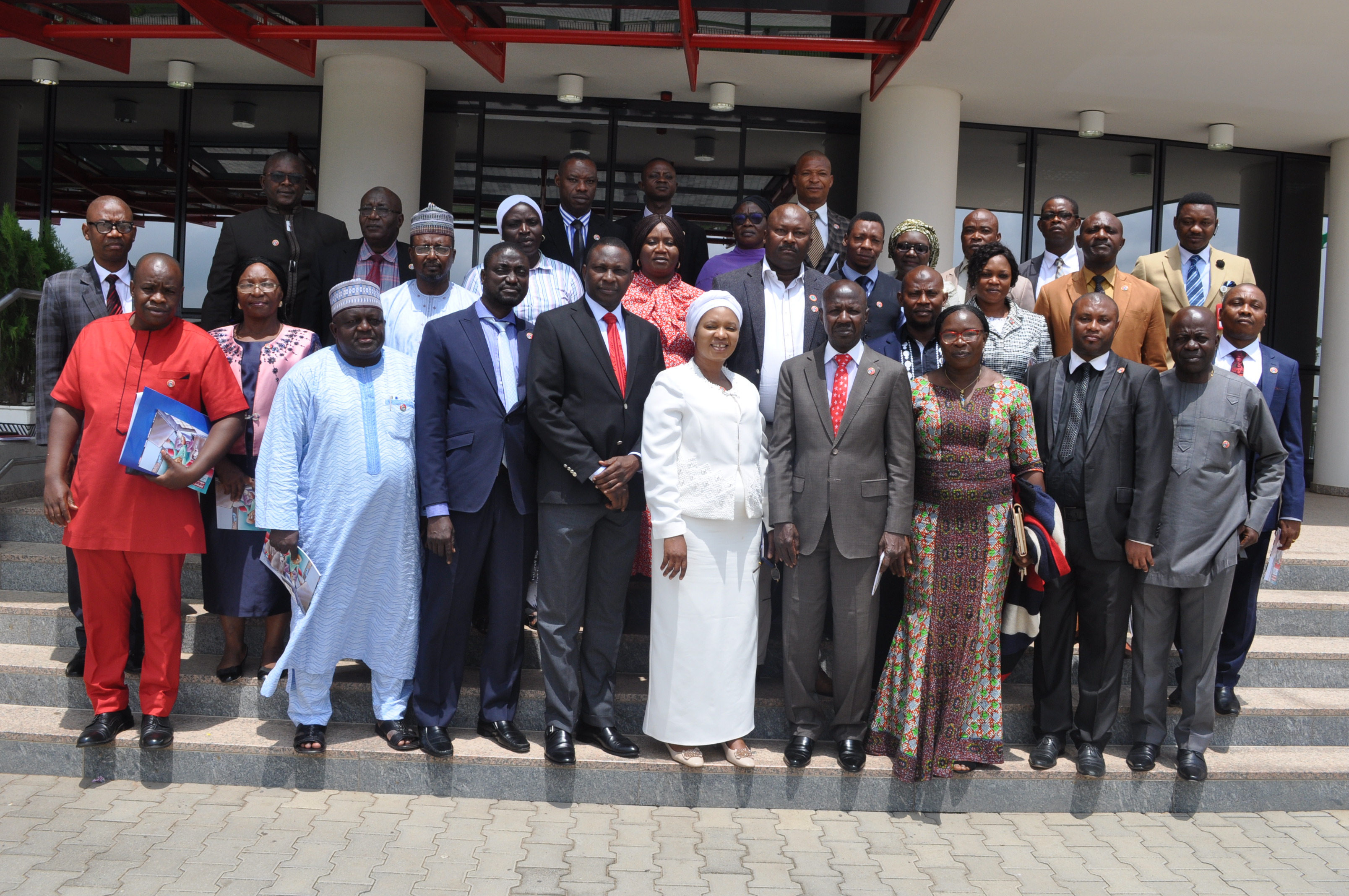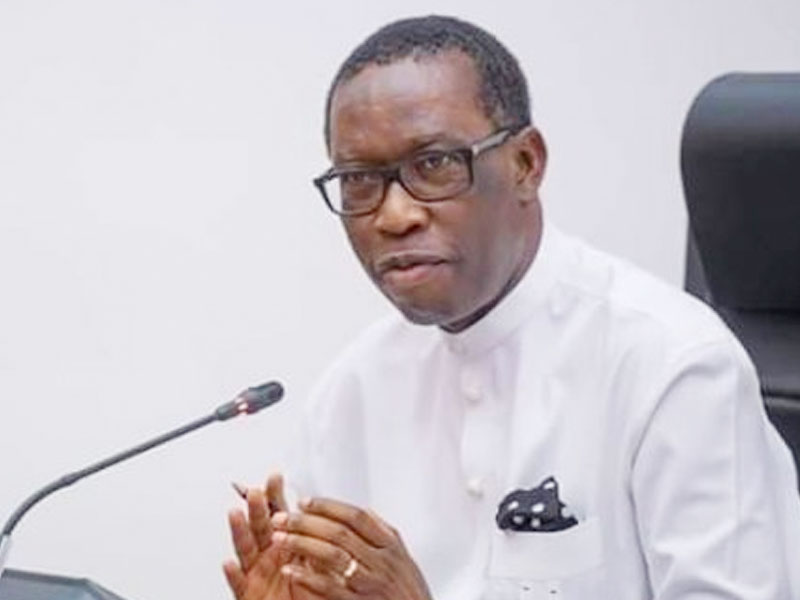The Central Bank of Nigeria (CBN) is not worried by MTN’s denial of alleged illegal repatriation of $8,134,312,397.63 it levelled against the mobile giant.
An official, who was reacting to MTN’s denial of the allegation, was asked what the CBN will do “in the event that MTN refuses to pay back the $8.1 billion and when the ‘immediate effect’ deadline given to MTN will expire?”
The official, who refused to be named, said: “When we get to that bridge, we’ll know how to cross it.”
To some experts, the CBN has taken a bold stand against banks and the company for alleged money laundering.
The MTN on Thursday rejected the CBN’s claim in a statement.
It said: “MTN Nigeria strongly refutes these allegations and claims. No dividends have been declared or paid by MTN Nigeria other than pursuant to CCIs issued by our bankers and with the approval of the CBN as required by law.
“MTN Nigeria, as a law-abiding citizen of Nigeria, is committed to good governance and to abiding by the extant laws of the Federal Republic of Nigeria. The re-emergence of these issues is regrettable as it damages investor confidence and, by extension, inhibits the growth and development of the Nigerian economy.
“We will engage with the relevant authorities and vigorously defend our position on this matter and provide further information when available”.
Prof. Uche Uwaleke of Nasarawa State University told The Nation that “by sanctioning the affected banks, the CBN has demonstrated that the country’s financial markets have laws which must be complied with by all participants”.
Uwaleke lamented the scale of alleged money laundering and illegal repatriation of foreign currency out of the country, stressing that “the scale of the infraction could not have been possible without collaborators within the Deposit Money Banks (DMBs).”
Uwaleke, who is “the first Professor of Capital Market” in Nigeria, urged the Nigerian authorities to go “beyond the fines imposed on the banks”, adding that “it is vital that the Economic and Financial Crimes Commission (EFCC) is involved to fish out individuals or professional services firms that aided these banks to perpetrate the use of fake Certificates of Capital Importation, fraudulent conversion of investors’ loans to preference shares and rendering false returns to the CBN”.
The implications for the economy, he said, are anything but salutary. To Uwaleke, “the illegal repatriation of forex by these banks would have contributed to the pressure on the exchange rate which negatively impacted production and the general price level.”
According to the NBS capital importation report for Q2 2018, Standard Chartered Bank and Stanbic IBTC were responsible for the bulk of capital importation during the quarter. “This development will no doubt change this narrative at least in the near term,” Uwaleke said.
He also cautioned that perhaps the stock market will be hit badly because two of the banks – Stanbic IBTC and Diamond Bank – are listed on the Stock Exchange and “the fall in their share prices could drag down the banking index as Investors are most likely to shy away from banking stocks till this issue is sorted out.”
Uwaleke also predicted that “this development could roll back the plan by MTN to list on the Nigerian Stock Exchange”. “Be that as it may, the sanctions carry a positive signalling effect for the economy in the long run,” he said.
Our regulatory agencies Uwaleke said, “should continue to ensure that the Multinational companies operating in Nigeria particularly in the oil, banking and telecom sectors comply with extant laws”.
Mr. Odilim Enwegbara, a development economist and financial expert who is the Chairman/CEO at Pan Africa Development Corporate Company (PADCC), was excited that “for the first time, I am proud of the CBN and its forex administration for identifying this huge infraction of illegally converting shareholders’ loan to preference shares (interest free loan) of $399,594,146.00″ leading to the sum $8.1 billion being illegally repatriated on behalf MTN between 2007 and 2015, which CBN‘s regulatory and supervisory departments detected.”
Eweagbara said he was “happy to hear that not only are the banks involved in this illegal transfer accordingly fined for breaking the country’s foreign exchange law, but that MTN, which has been acting like an economic hit corporation in Nigeria is asked to return the said $8.1billion illegally repatriated out of the country.”
Eweagbara suggested that “the CBN should also insist that besides the $8.1 billion, MTN should pay all the accumulated interest based on our prevailing interest rate”.
He also called on the CBN to appoint a team of forensic auditors “to fully audit MTN’s books since its commencement of operation in Nigeria”. “It should include examining all the past forex repatriation out of Nigeria and processes and taxes.”
Eweagbara said: “I will also go further to suggest that there should be Forex Repatriation law that should insist that no foreign, domestic corporation or individual should be allowed to repatriate more than $10 million out of the country without first having been approved by the President himself based on the advice of the Federal Ministry of Finance and Federal Inland Revenue Services (FIRS) with the first approval coming from the CBN.”
“Both Ministry of Finance and Federal Inland Revenue Service should crosscheck and confirm through attached memos from the CBN, evidence that explains why the said corporation or individual has fully met all the forex repatriation laws of Nigeria. While the CBN memo will approve the source of the money, the authenticity of the overseas recipient(s), and that all international and domestic anti-money laundering laws have fully been satisfied, the FIRS memo should show that all required taxes have been duly paid.”
The PADCC Chairman and CEO added that, ”it is high time we established the Nigerian Banking Regulation Commission, which as a spin-off from the CBN, will be fully responsible for ensuring that banking infractions are minimal, given its eagle-eye focus on the activities of banks in the country.”
This way, he noted, “the CBN will be responsible for monetary policy making alone”. “If countries like China, US, UK, etc.have since created banking regulatory and supervisory agencies separate from their apex banks and as a result are enjoying the huge benefits, why shouldn’t Nigeria do the same in order to drastically reduce bank infractions?”
The CBN last Wednesday imposed heavy sanctions totaling N5.87 billion on four banks under its regulatory purview and asked MTN to refund $8,134,312,397.63 for what it described as ”flagrant violation of extant laws and regulations of the Federal Republic of Nigeria, including the Foreign Exchange (Monitoring and Miscellaneous Provisions) Act, 1995 of the Federal Republic of Nigeria and the Foreign Exchange Manual, 2006″.
The four banks are Standard Chartered Bank, Stanbic-IBTC, Citibank, and Diamond Bank.
The actions of the CBN became necessary following allegations of remittance of foreign exchange with irregular Certificates of Capital Importation (CCIs) issued on behalf of some offshore investors of MTN Nigeria Communications Limited and subsequent investigations carried out by the apex bank in March 2018.
The CBN asked five banks and MTN to immediately refund $8,134,312,397.63 illegally repatriated by the company to its coffers.




